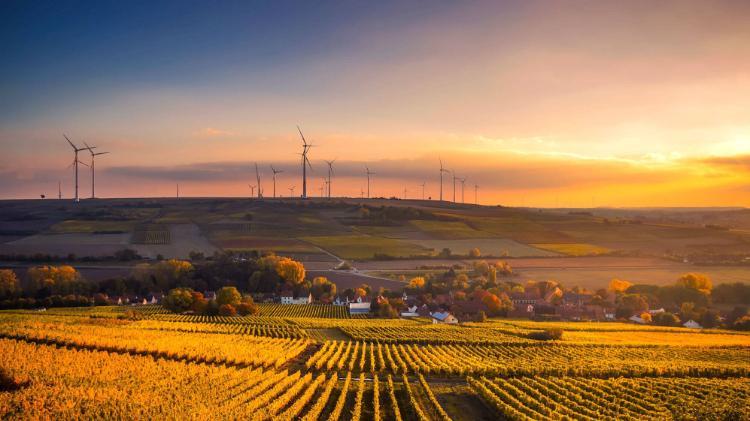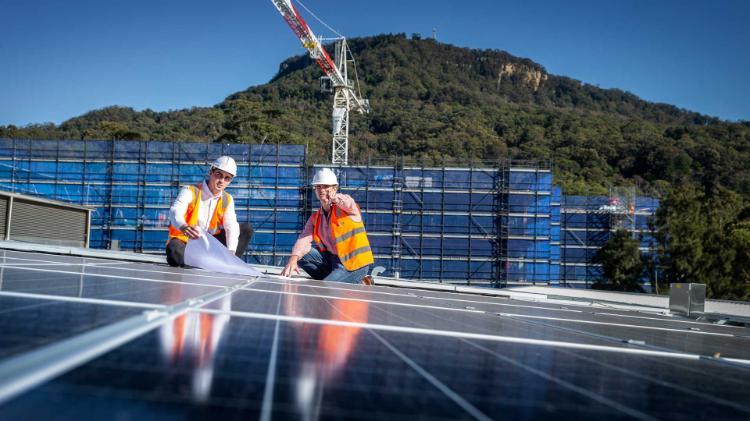Case studies
- Yours And Owls Festival powers up with renewable energy
- iAccelerate's RISE program receives Benefitting Society Award
- Pedalling forward – UOW and partners ride towards sustainability
The music festival has a lasting sustainable legacy through contributing towards new PV solar panels worth $90,000 over the next three years, which will sit atop the Wollongong campus Library.
The new solar upgrades will supply solar energy to the Library and UniBar year-round, with this contribution producing approximately 82,500kWh per year with the long-term aim to have the majority of the event powered purely by renewable energy sources.
The partnership will make a significant contribution to UOW’s renewable energy transition as the institution strives to meet its pledge to achieve carbon neutrality no later than 2030.

- SGD 7 – Affordable and Clean Energy
- SDG 11 – Sustainable Cities and Communities
- SDG 13 – Climate Action
RISE is a regional entrepreneurs education program, which has so far supported 90 entrepreneurs and business owners in bushfire-affected areas to create 300 new jobs. We saw first-hand the strength and tenacity of rural communities after the black summer bushfires and how their innovative approach served to revive and rebuild what was lost.
Green Gown Awards celebrate outstanding sustainability initiatives in higher education institutions worldwide, aligning their efforts with the United Nations’ Global Goals. These awards, supported by the UN Environment, aim to set a higher standard for sustainability and environmental stewardship.

- SDG 8 – Decent work and economic growth
- SDG 9 – Industry, innovation and infrastructure
- SDG 11 – Sustainable Cities and Communities
Discover how iAccelerate is making a difference
This non-competitive, all-abilities community ride was designed to promote cycling as a healthy and safe way to commute to and from UOW’s Wollongong campus.
The Ride2UOW initiative aligns with the University’s commitment to sustainability and creating a healthy local community. It also continues UOW’s support for cycling following the University’s engagement as a UCI Bike City community partner in 2022.

- SDG 3 – Good Health and Wellbeing
- SDG 7 – Affordable and Clean Energy
- SDG 11 – Sustainable Cities and Communities
- SDG 13 – Climate Action


















